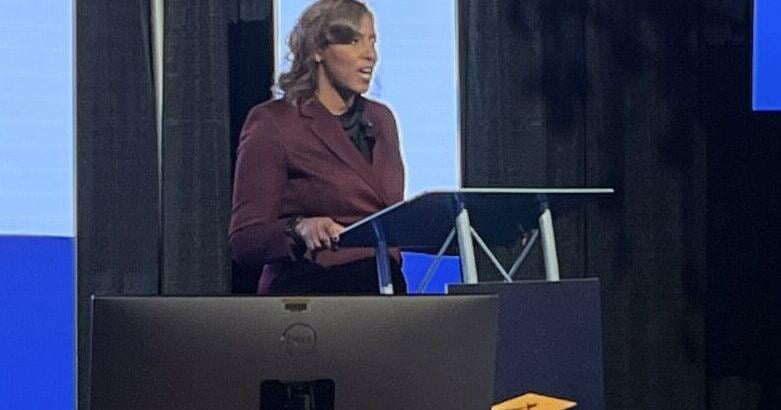Summary:
Prefer Coffee, a Singaporean startup, is creating a coffee-like drink using fermented food waste.
This innovative approach addresses the environmental impact of traditional coffee production.
Prefer uses leftover bread, soybean pulp, and spent barley grains to brew a caffeine-free beverage.
The company's goal is to expand globally and adapt its process to utilize local food waste.
Prefer Coffee could revolutionize the coffee industry and offer a more sustainable and delicious alternative.
Brewing Coffee Without Beans? This Startup is Changing the Game
The beloved cup of joe might be facing a brewing crisis. Climate change is putting a strain on coffee production, threatening the future of our morning ritual. But what if there was a way to enjoy coffee without relying on beans?
Prefer Coffee, a Singaporean startup, is doing just that. Using a unique fermentation process, they're upcycling food waste to create a coffee-like drink that tastes surprisingly close to the real thing.
The Problem with Coffee
Coffee production has a significant environmental impact. It requires vast amounts of land, water, and energy, and it contributes to deforestation and greenhouse gas emissions. With climate change impacting coffee crops, finding sustainable alternatives is becoming increasingly important.
The Solution: Fermentation
Prefer Coffee's founders, DJ Tan and Jake Berber, are leveraging the power of fermentation to create a delicious and sustainable alternative. Using leftover bread, soybean pulp, and spent barley grains, they ferment and roast the mixture to create a caffeine-free brew that tastes remarkably like coffee.
More Than Just Coffee
This is more than just a tasty substitute. Prefer Coffee is a shining example of a circular economy, putting food waste back into our food systems. Their approach is not just good for the environment but also for the local economy, creating a new market for food waste and supporting local businesses.
The Future of Coffee?
Prefer Coffee is currently available in Singapore, but the startup has ambitious plans to expand globally. They are already exploring ways to adapt their process to use local food waste, ensuring that their approach is scalable and sustainable. This is a revolution in coffee production, and it could be the answer to a brewing crisis.
<figure> <figcaption>Prefer ferments and then roasts its upcycled mixture (right). They also have started selling bottled products online (left).</figcaption><p>PREFER</p></figure>
<figcaption>Prefer ferments and then roasts its upcycled mixture (right). They also have started selling bottled products online (left).</figcaption><p>PREFER</p></figure>




Comments